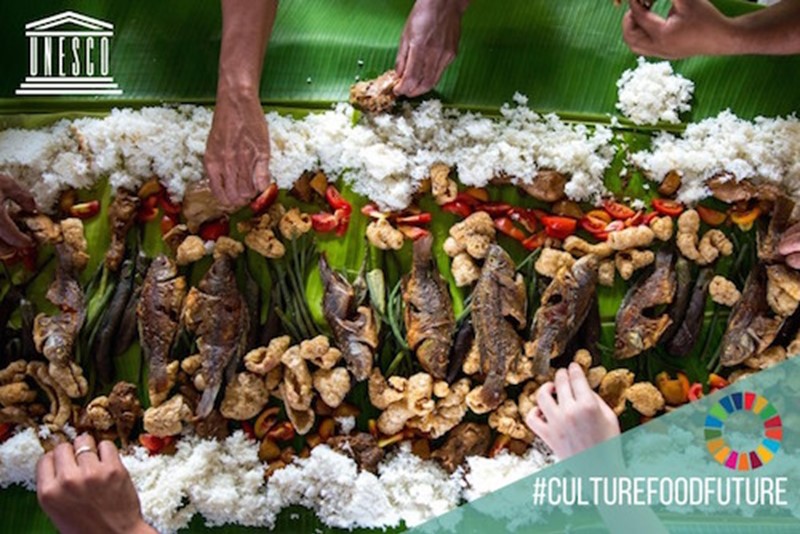
Paris, 06 September—The UNESCO Creative City of Gastronomy, Parma, will host the first UNESCO World Forum on Culture and Food: Innovative Strategies for Sustainable Development, to promote the contribution of culture and food to environmental preservation, as well as strengthening social cohesion through the safeguarding of cultural traditions and know-how, from 12 to 13 September.
The Forum will provide a platform for dialogue in five discussion panels that will bring together some 150 international experts, academics and food industry practitioners, alongside representatives of governments and intergovernmental organizations, as well as NGOs. They will examine ways in which culture and food can contribute to the achievement of the UN’s 2030 Agenda for Sustainable Development. Along the way, they will explore the interaction between culture and food, and the impact of both on societies and the environment, with particular attention to societal and climate change, poverty reduction and education for sustainable development.
Among the speakers will be the three-Michelin-star Italian chef Massimo Bottura whose presentation will explore the idea of reinventing traditions, including through fusion food, as a medium for intercultural dialogue.
Six UNESCO Creative Cities for Gastronomy*, Macao (China), Panama City (Panama), Östersund (Sweden), Tsuruoka (Japan), Florianópolis (Brazil) and Parma (Italy), will also share their experiences during the World Forum.
In addition, there will be several side events including show cooking with chefs from around the world, as well as exchanges on the role of UNESCO Biosphere Reserves, Geoparks and World Heritage sites as drivers of sustainable development.
As lead UN agency for culture, education and the sciences, UNESCO brings an integrated and multidisciplinary perspective to this area of research, which is gaining importance as population growth challenges us to reduce waste and improve food security.
Culture and food are closely linked, from traditional farming and food-related practices found at UNESCO’s World Heritage sites and in its Representative List of the Intangible Cultural Heritage of Humanity, to emerging contemporary practices, notably evident in UNESCO’s Creative Cities of Gastronomy. Culture informs our lifestyles and behaviour, influences consumer patterns and impacts the entire food system.
The City of Parma, an active member of the UNESCO Creative Cities Network, is hosting the Forum, in collaboration with the Government of the Italian Republic and the Emilia Romagna Region.


